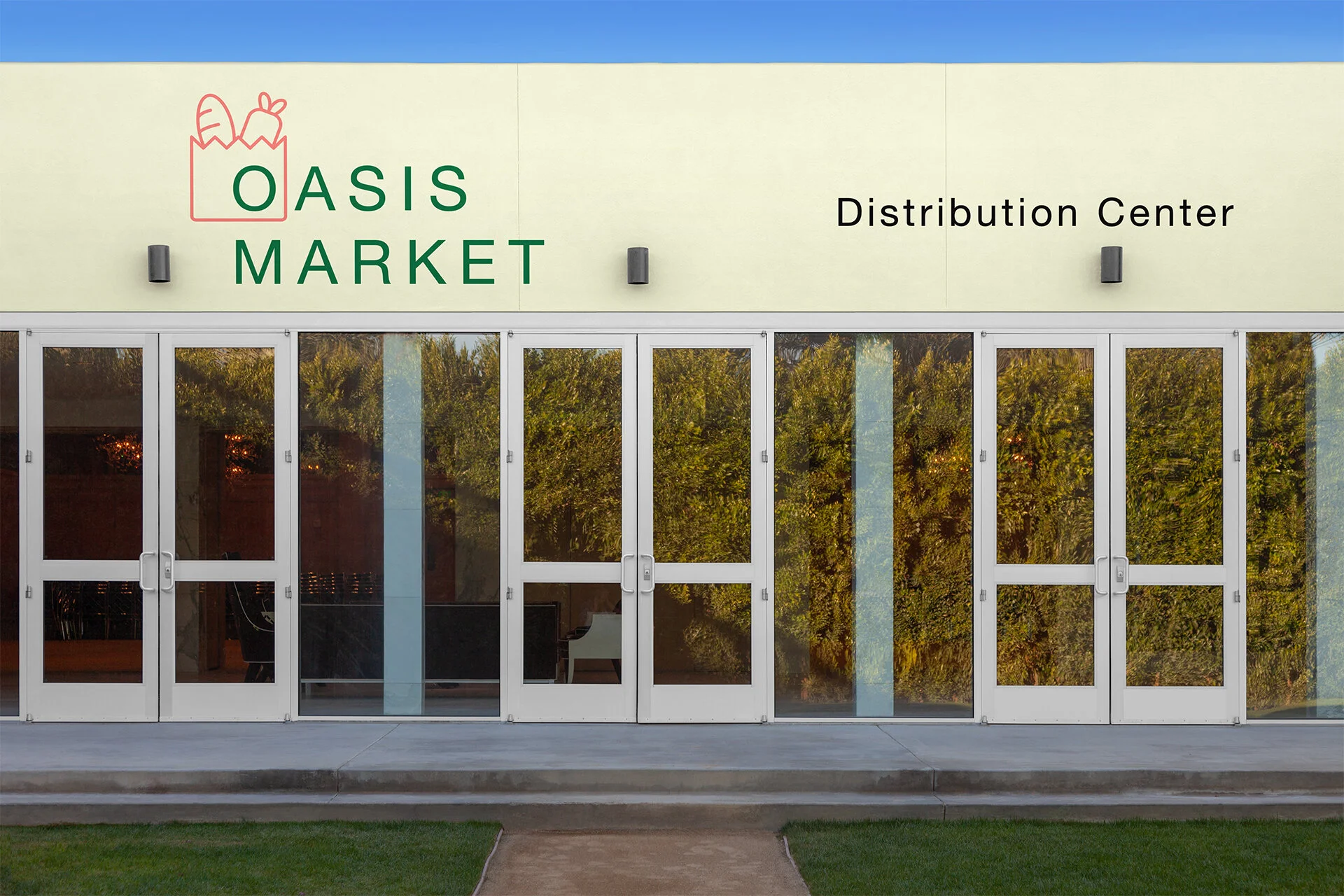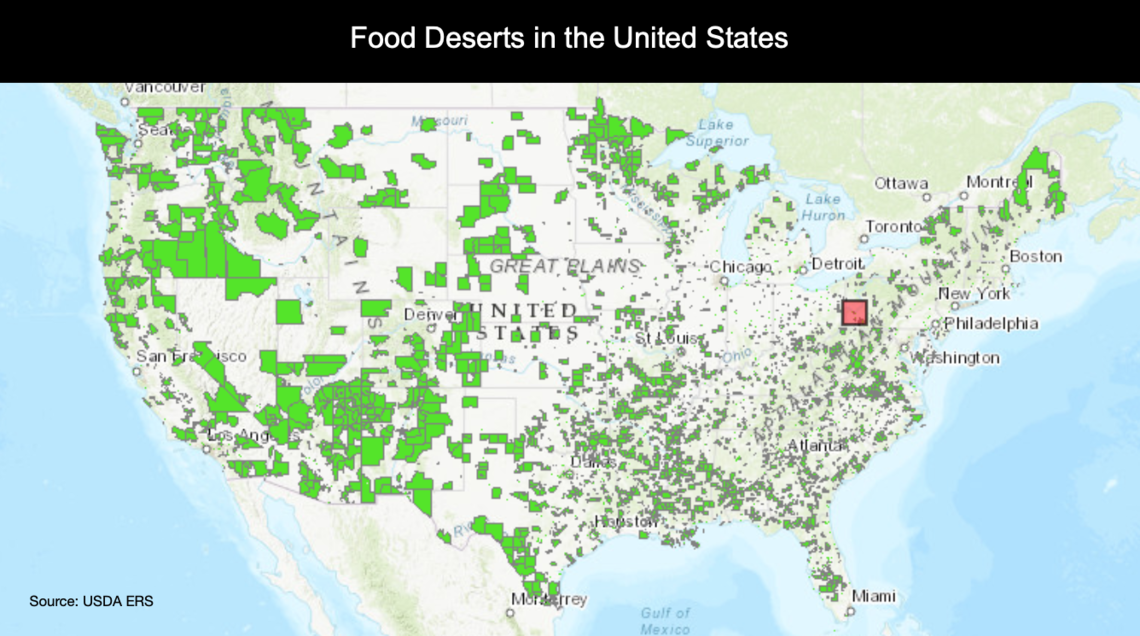Oasis Market: Finding a Solution to Food Deserts
"I saw the potential in establishing my speculative business in Pittsburgh as one in five residents live in a food desert—the city is very spread out, which makes car travel a necessity."
Oasis Market is an online grocery service that delivers affordable, fresh food to residents living in food deserts. First-year student Stephen Joyce says his speculative company's solution to food apartheid involves combining empathy with economic relativization, investing directly into the communities they serve. "We seek to be an authentic and homegrown voice in our city, and we believe strongly that our primary duty is to our community, not our investors."
"As someone who grew up in Pittsburgh, I am aware that the city is severely segregated on racial lines, and accessibility to vital services are strained as the city is spread out geographically," Stephen shared. Two main points became apparent through his research, the first being that large swathes of the city don't have grocery stores. Significant portions of those residents lack access to a car, forcing them to rely on the public bus system. The second observation was that there is little competition in the market; most companies stress in-person grocery shopping with little emphasis placed upon online ordering and at-home delivery.
The ideal Oasis Market user is a budget-conscious family or individual who seeks fresh and healthy food. The company aims to keep its costs low, and they do not have any brick and mortar locations. Instead, Oasis Market leverages underutilized warehouses in Braddock and Hazelwood. Their mobile market will work with those with physical disabilities to deliver ready-to-eat meals and fresh produce weekly. Additionally, the business model eliminates the middle man and produces their own line of essential nonperishable food products to keep costs low.
Stephen's research began with his interest in food deserts and a goal of better understanding the vast problem built upon a history of oppression. "I came in thinking there would be simple and straightforward answers to fix food deserts," he says, "but of course, I ran into the vastness of the problem and the limitations of my scope. So I decided to refocus my attention on my home in Pittsburgh because I know it so well."
Stephen knew that a market gap exists, as grocery delivery services do not operate much in the area. "I saw the potential in establishing my speculative business in Pittsburgh as one in five residents live in a food desert, and the city is very spread out, making car travel a necessity," Stephen elaborates. "I wanted to design for individuals who don't own a car, specifically older individuals."
Stephen imagines that Oasis Market starts every base salary, including those of the executive staff, at $70,000. "We know that we have to put our money where our mouth is and support the communities we want to serve with a livable wage and hiring from within that community."
Stephen designed his Oasis Market business plan during the first-semester course, Design for Sustainability and Resilience, taught by Suma Reddy. "I have been interested in entrepreneurship for the past few years, and this class taught me a lot about speaking and acting like an entrepreneur.”






